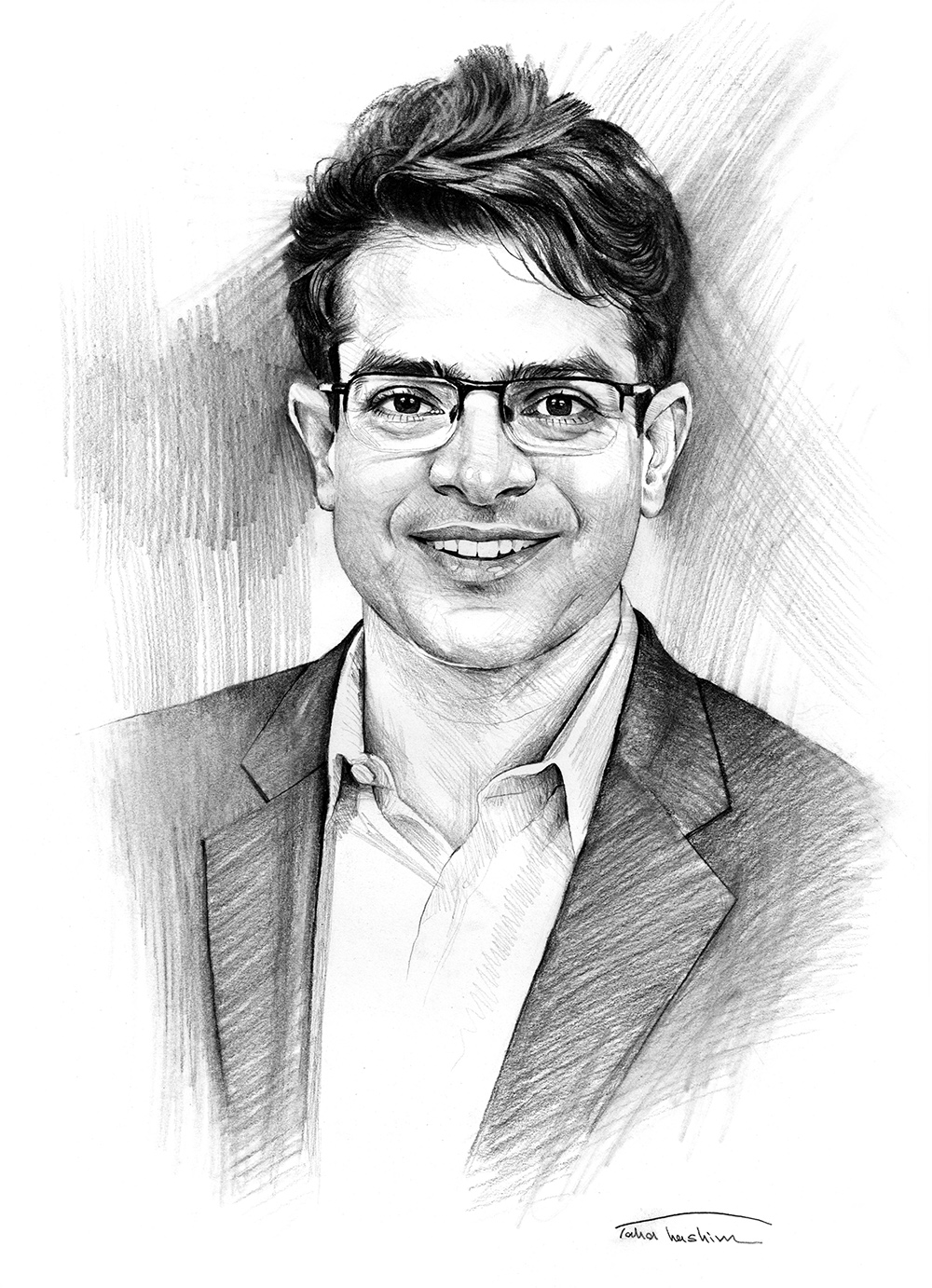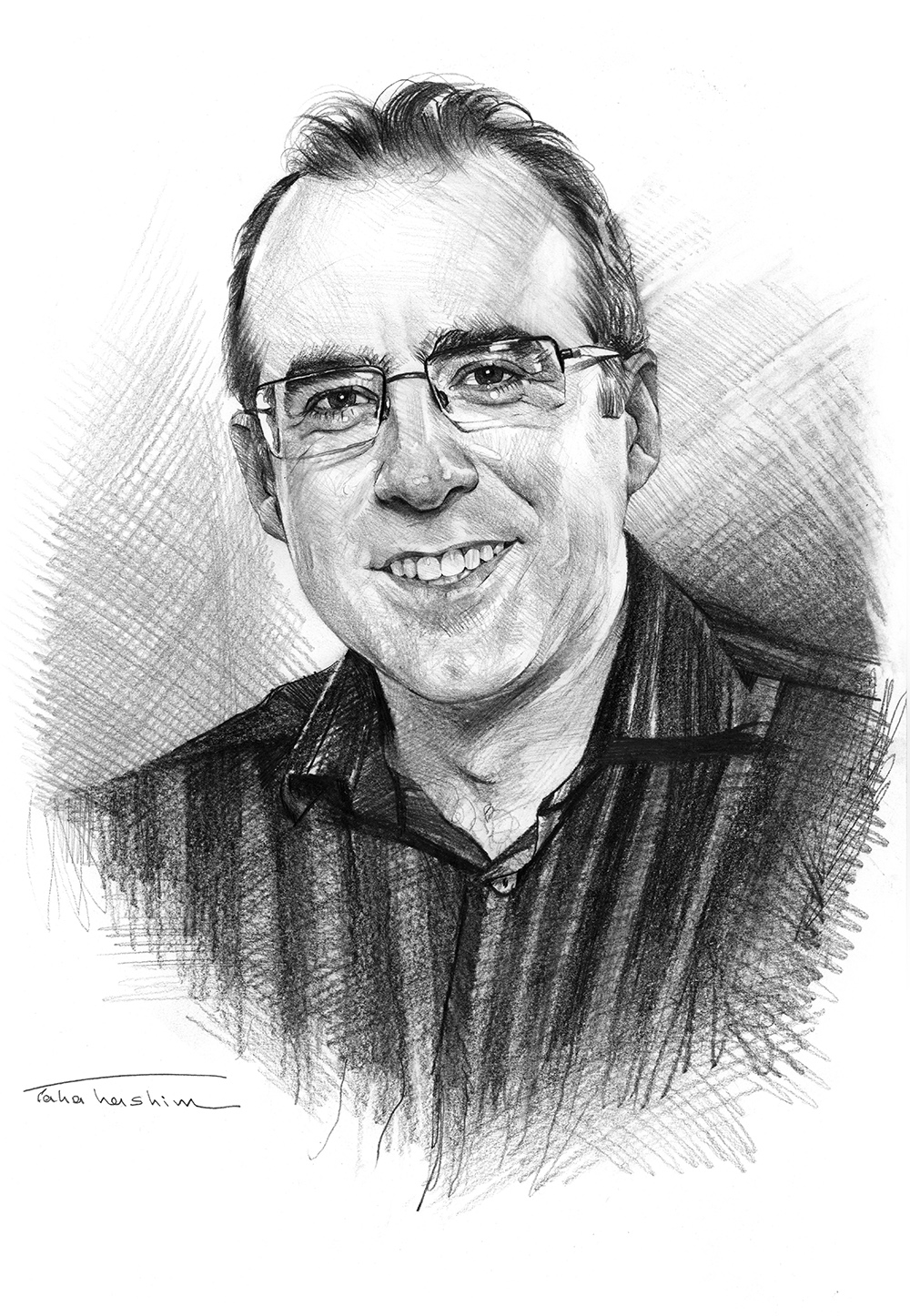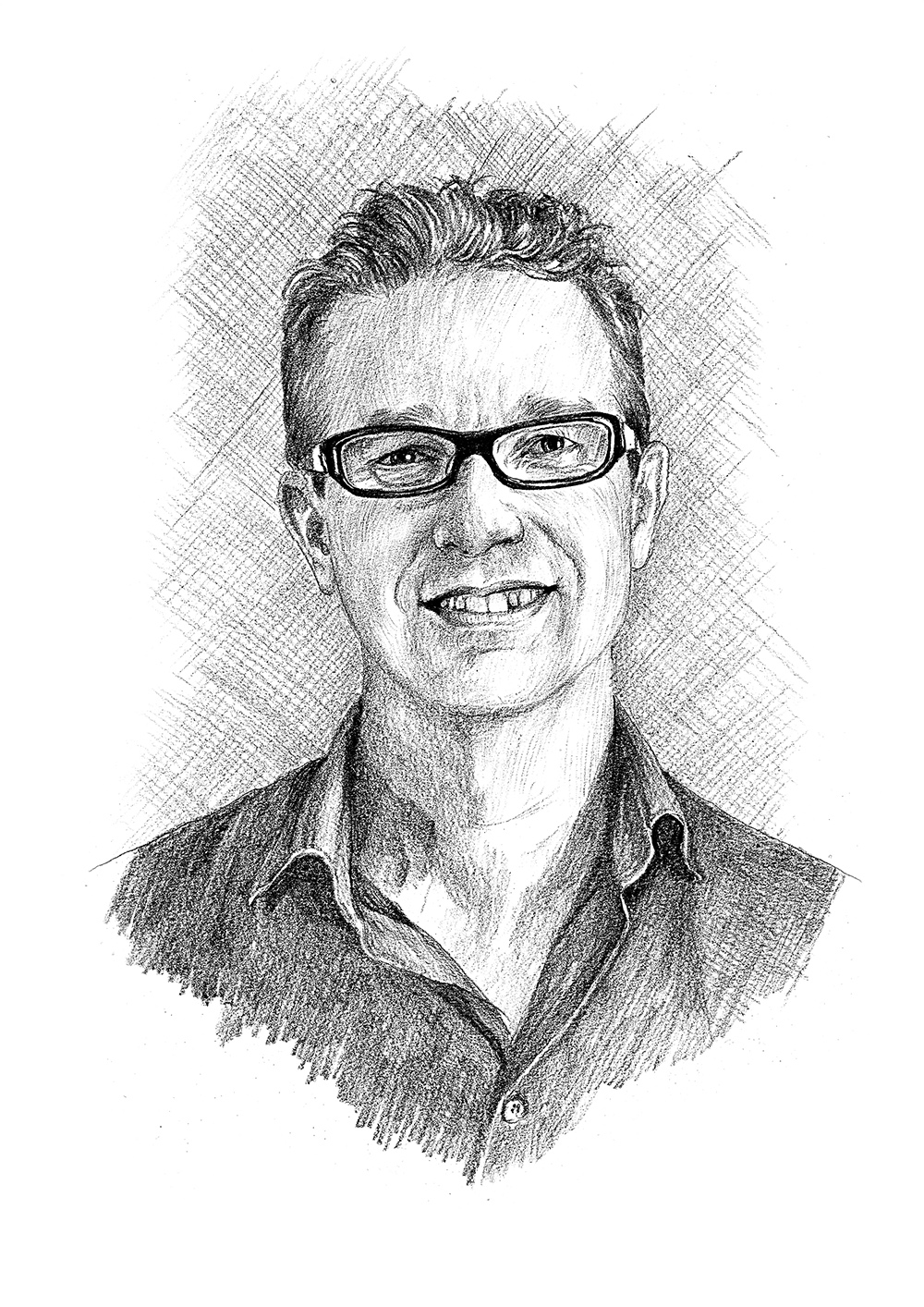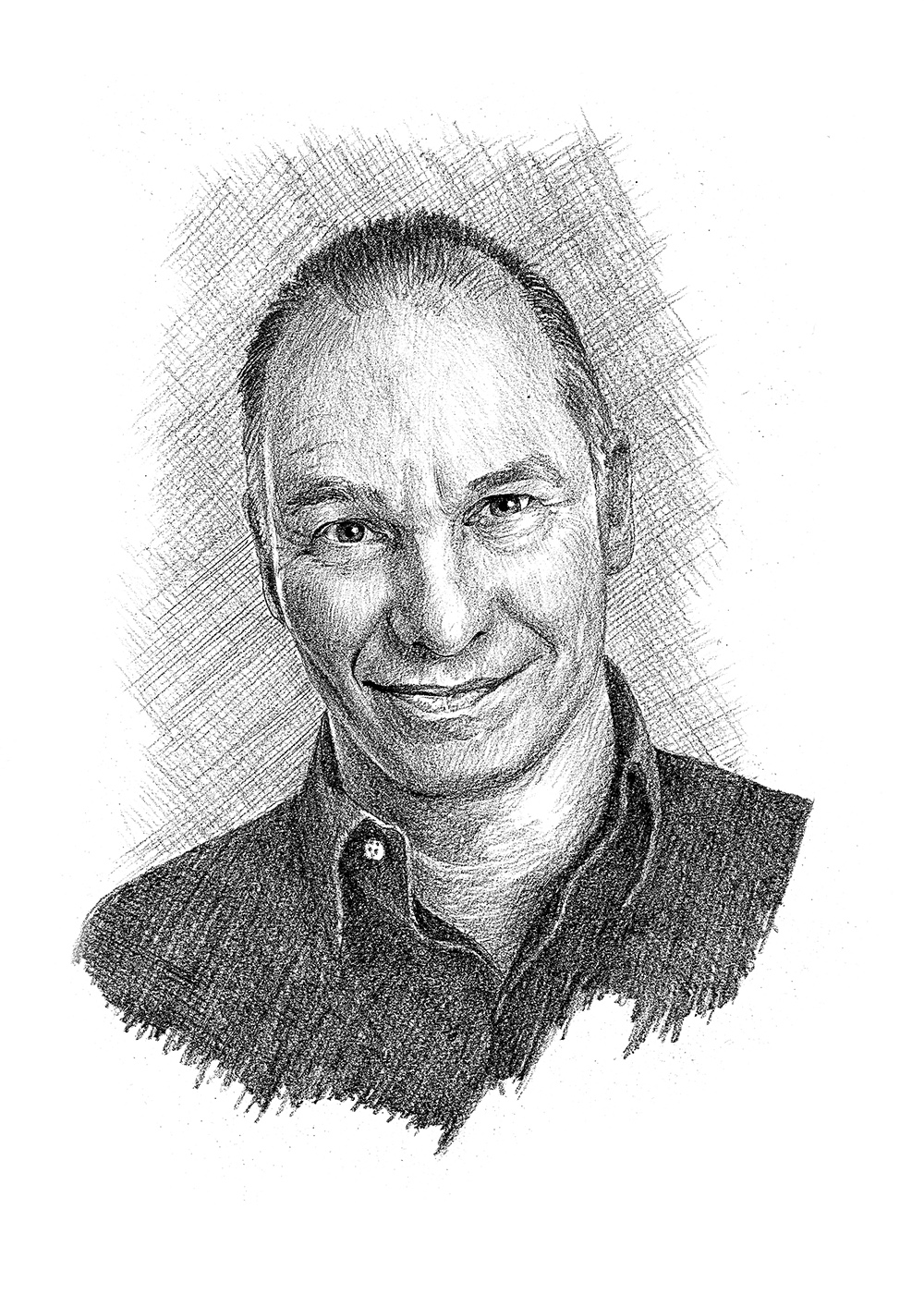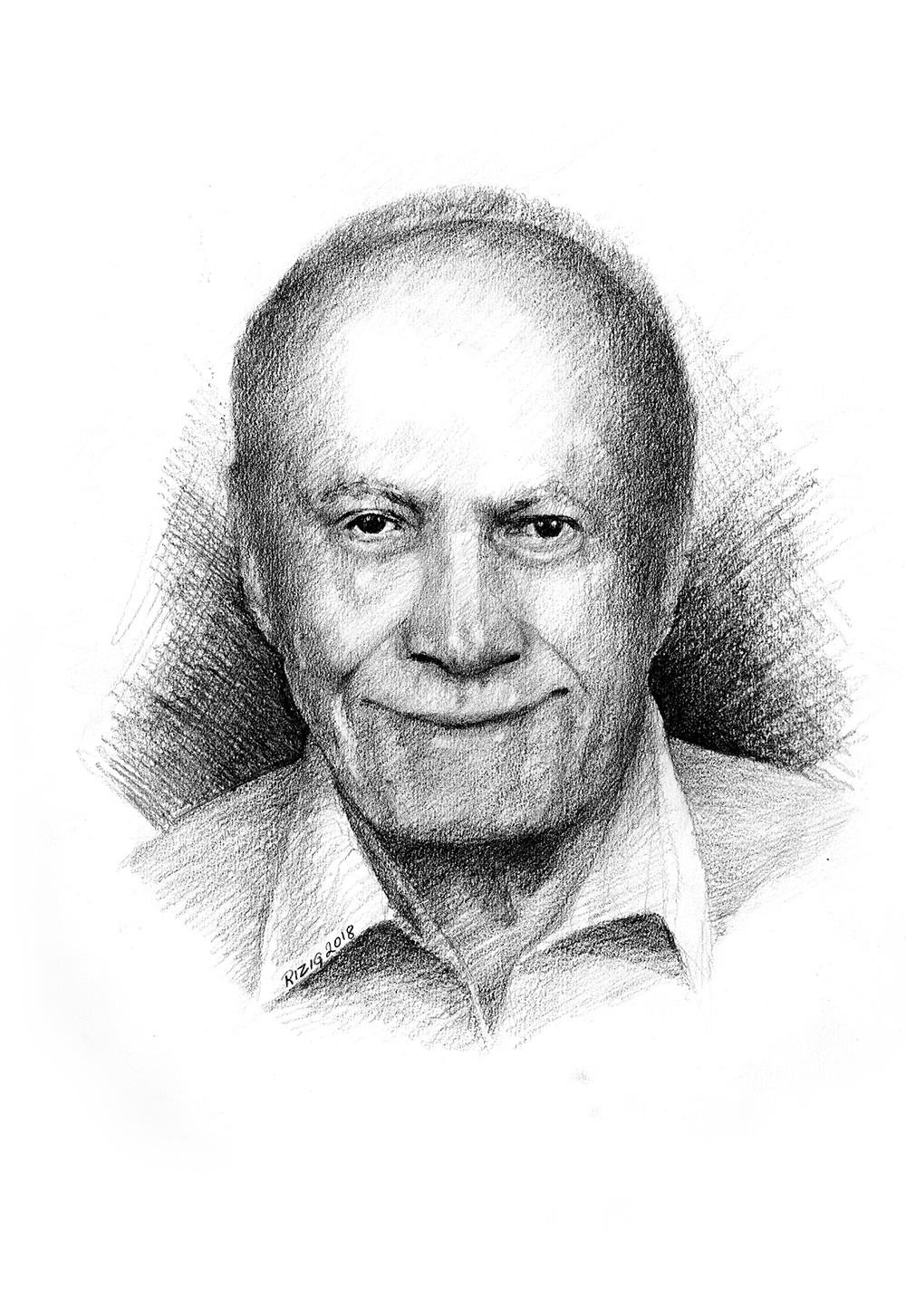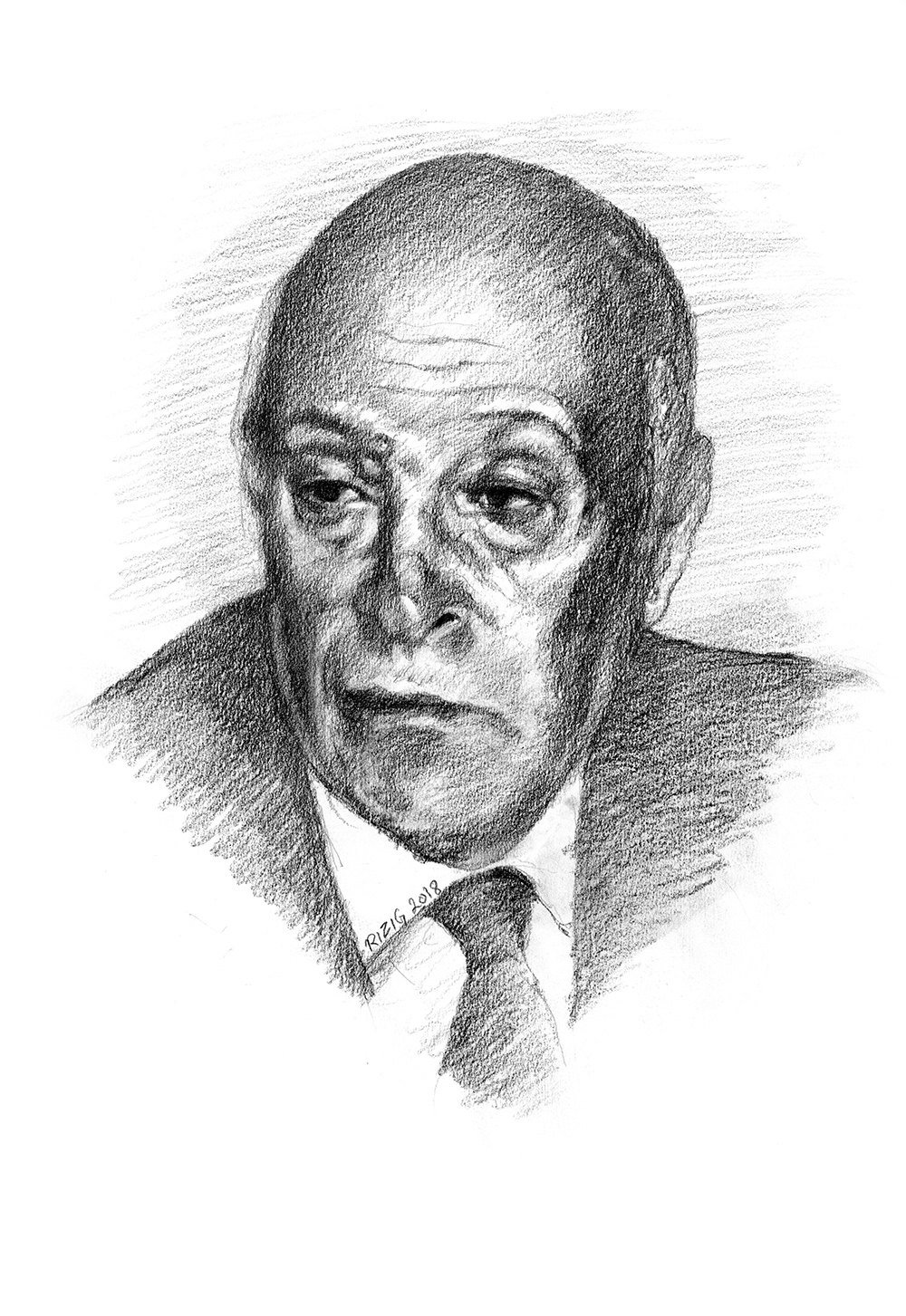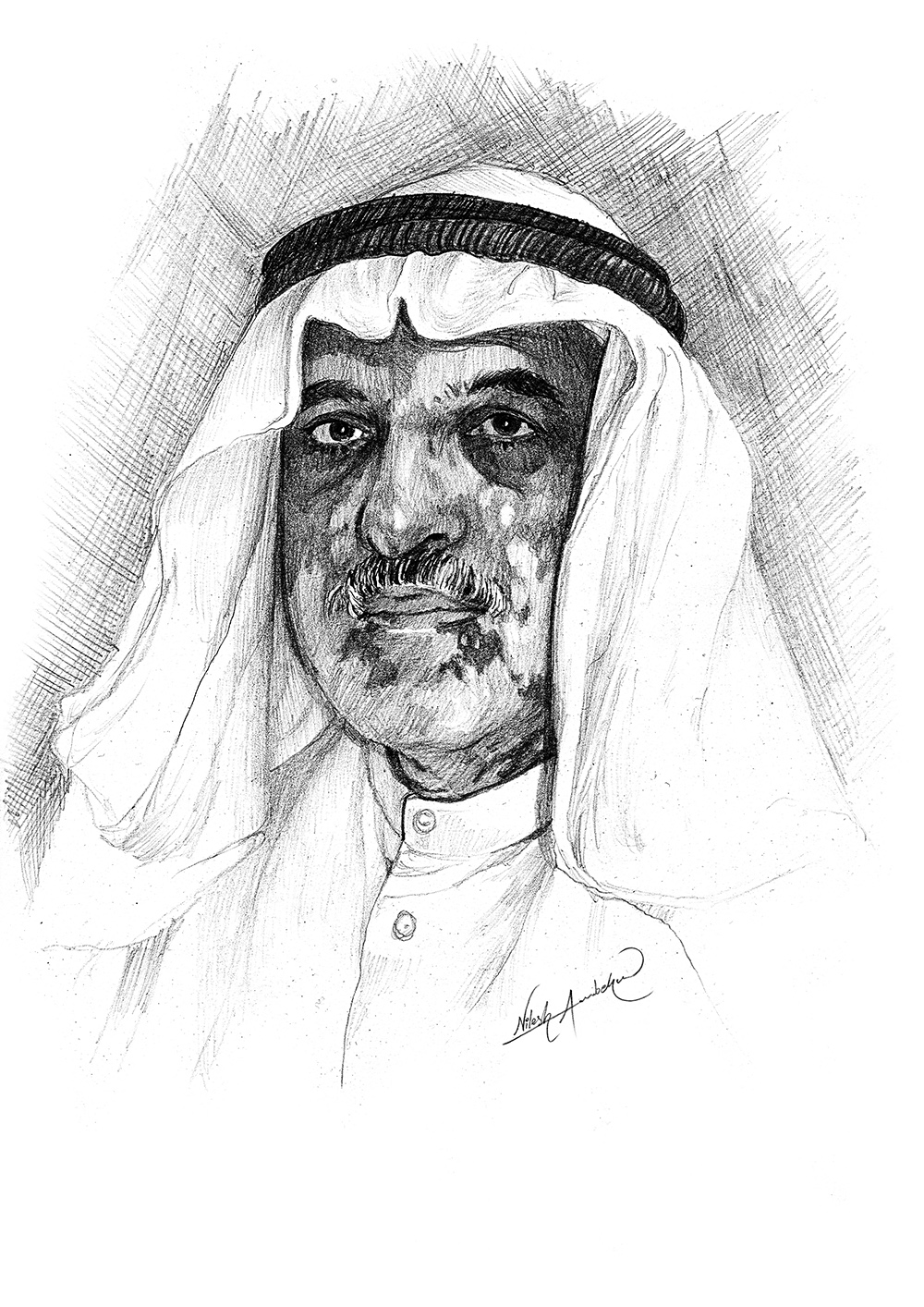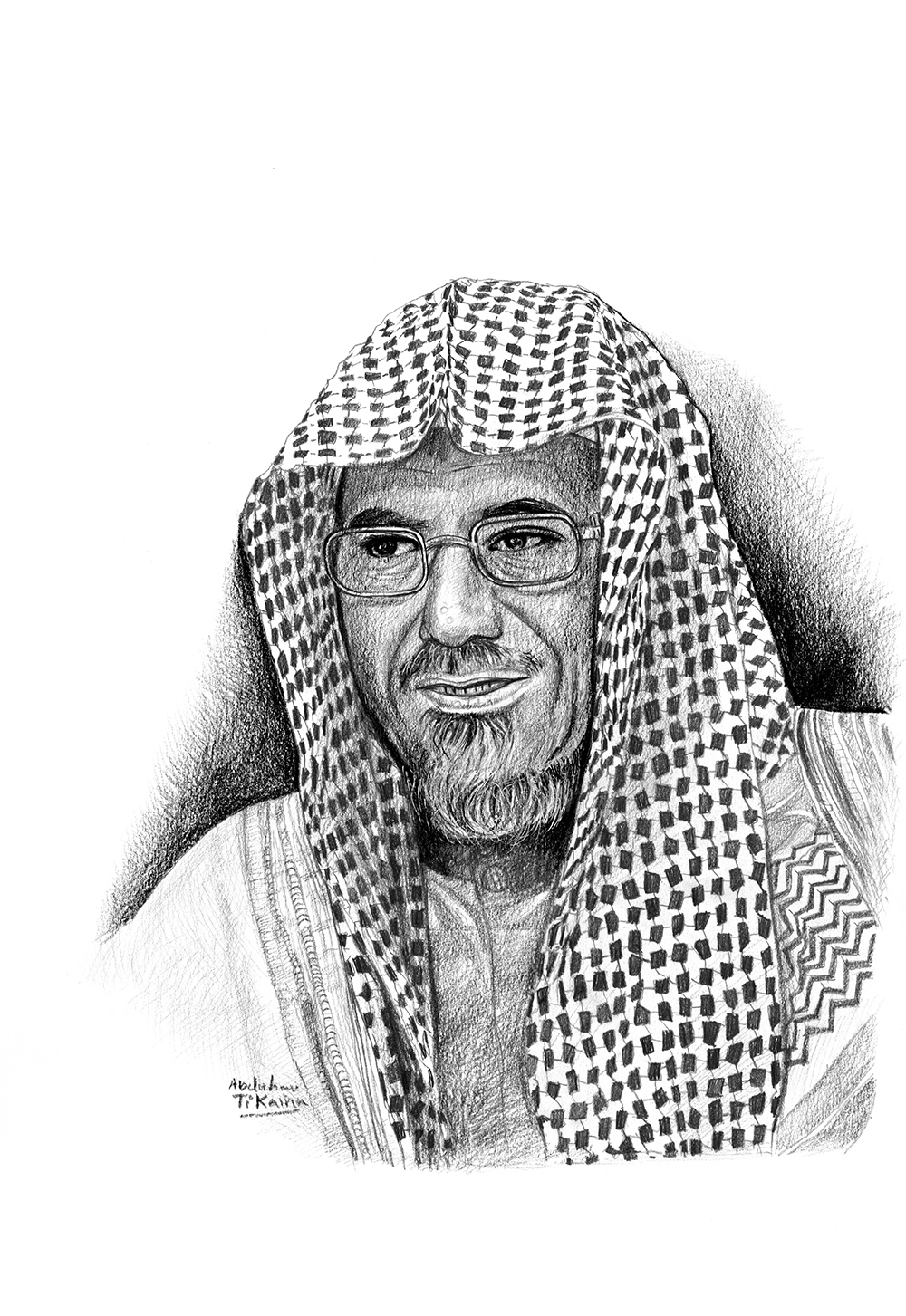Vamsi Mootha completed his high school education at Kelly High School in Beaumont, Texas in 1989, and received his B.Sc. (Honors, with Distinction) in Mathematical and Computational Science at Stanford University in 1993, and M.D. (cum laude) from Harvard-MIT Division of Health Sciences and Technology at Harvard Medical School in 1998, his thesis being focused on mitochondrial energetics. Thereafter, he completed three-year Internship and Residency program in Internal Medicine at Brigham and Women’s Hospital in Boston (1998 to 2001), followed by another three years Post-Doctoral Fellowship (2001-2004) at the Whitehead Institute for Biomedical Research at Cambridge, MA, during which he worked on regulatory control in mitochondrial energetics. He is currently a Professor of Systems Biology at Harvard Medical School, a Professor of Medicine at Massachusetts General Hospital, an Investigator at Howard Hughes Medical Institute, and a Senior Research Member of the Broad Institute of Harvard and MIT.
Professor Mootha and his team combine the tools of genomics with rigorous computation and biochemical physiology to explore mitochondrial function in health and disease. His major research accomplishments include characterization of the mitochondrial proteome, discovery of more than 15 novel mitochondrial disease genes by integrative genomics and use of targeted exome sequencing for clinical diagnostics. He also discovered the molecular machinery of mitochondrial calcium uniporter and showed that a subtle decline in mitochondrial gene expression underlies type 2 Diabetes and that the mitochondrial one-carbon pathway is altered in many diseases.
Professor Mootha’s outstanding contributions have been recognized by several honors including, the Grand Award of the 40th International Science and Engineering Fair (1989), Stanford University David Starr Jordan Scholarship (1990), HHMI Postdoctoral Fellowship for Physicians (2001), John D. and Catherine T. MacArthur Fellowship (2004), NIH Wednesday Afternoon Lectureship (2006), Daland Prize of the American Philosophical Society (2008), MGH Martin Prize for Basic Research (2011), Keilin Medal of the Biochemical Society (2014) and the prestigious Padma Shri Prize of the Government of India (2014), and membership of the National Academy of Sciences.
Professor Mootha serves as editorial board member of Molecular Systems Biology, Cell Metabolism, and European Molecular Biology Organization Journal as well as ad hoc reviewer for many prestigious journals such as Science, Nature, Cell, New England Journal of Medicine, Genomic Research and others. Besides, he holds several other responsibilities as member of scientific advisory boards, grant reviewer and chairman, co-chairman or organizer of national and international symposia.
This biography was written in the year the prize was awarded.

